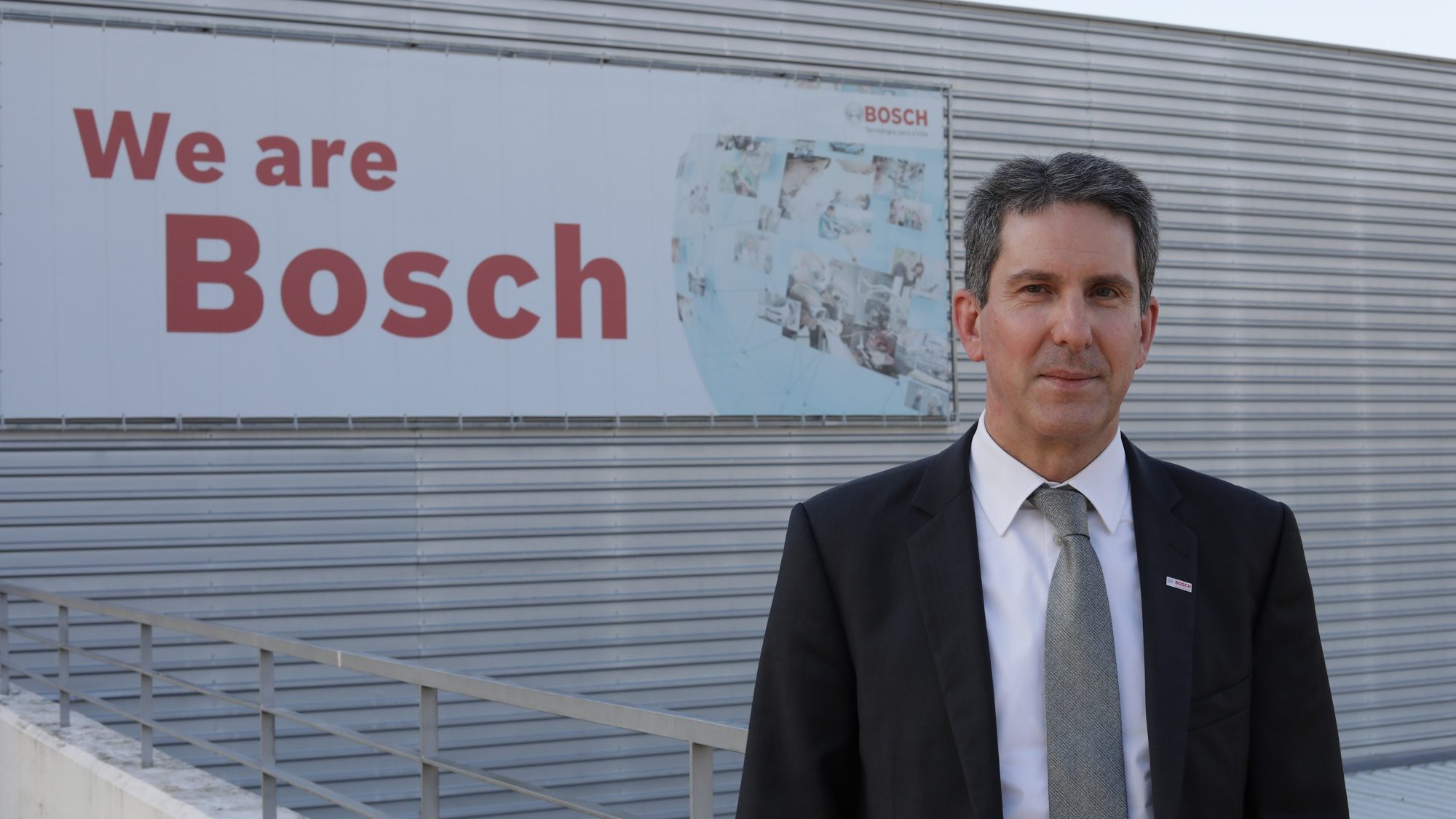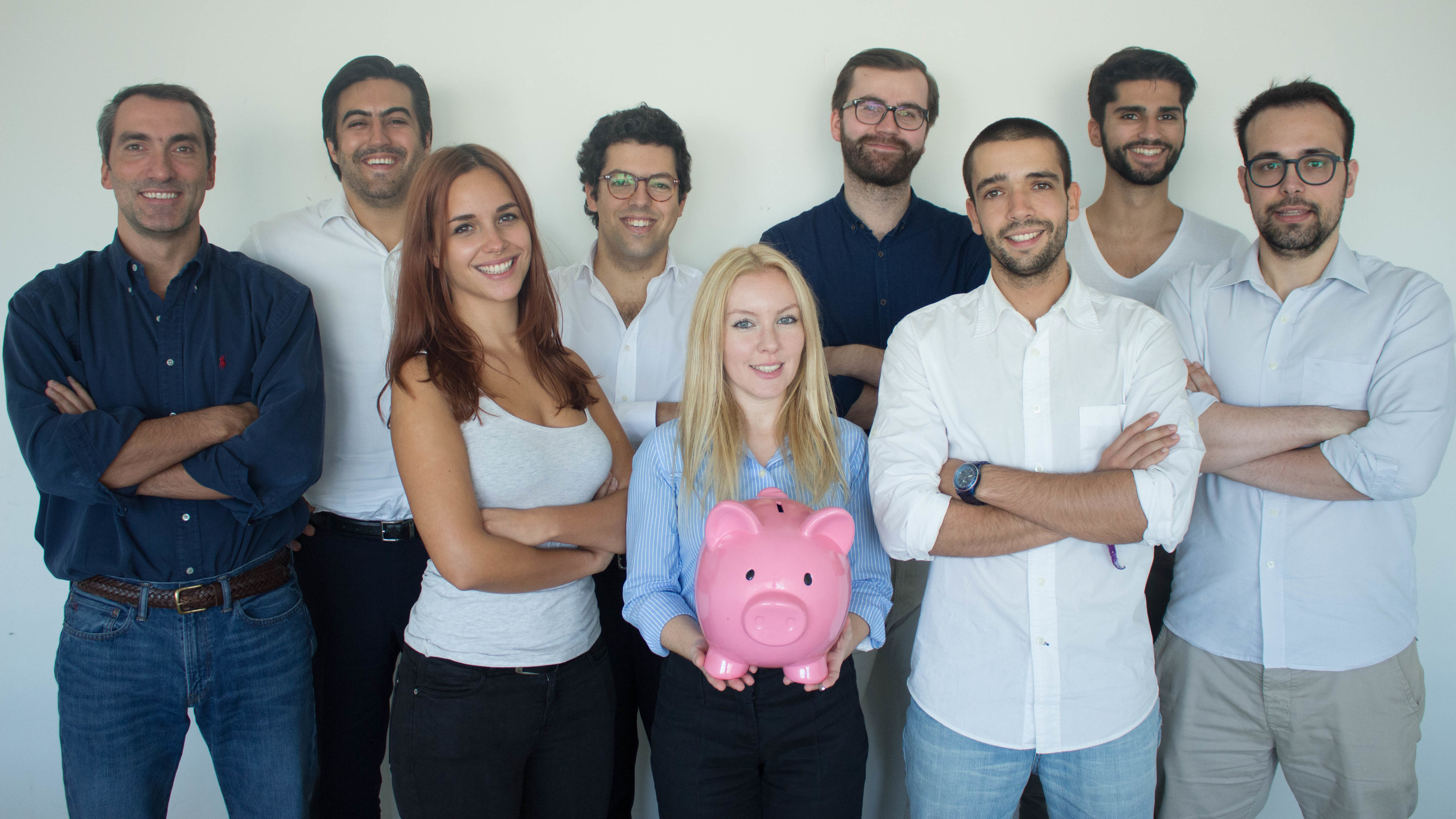(Portuguese) Greek yogurt is making a profit
Filipe Botto, founder of Yonest, is counting on investors to move to the second stage - growth, which involves installing capacity which could triple production.
Filipe Botto wanted to prove that yogurt could be a proper business and founded Yonest, a brand which was born in his kitchen, and which has already attracted investors. It has made a profit and, this year, Botto wants to double invoicing to one million euros.
Yonest, a Portuguese brand of traditional Greek yogurt, was born from Botto’s own savings and, in 2015, after being in the market for one year, achieved its first positive operational results. Last year, it had a “positive net result”: although small, “we had some profit”, states the businessman to the Portuguese news agency Lusa, without stating a number.
The company has recently received three international investors — one from France and two from Switzerland — “owners of big family groups”, which together profit around one billion euros per year. They now hold “around 30%” of Yonest, through an assessment of one million euros. Those investors are an “additional strength” for the second stage the company aims to move to, growth, which involves installing capacity which could triple production, in 500 square meters’ space in Mafra (around 40 km north form Lisbon).
By the end of the year, Botto has plans to also increase the number of employees from 15 to 20 or 25; as for invoicing, the “ambitious goal” is to reach one million euros, which means doubling the 2016 results.
“Right now, we still have a quite conceptual, ultra premium and ultra artisan line of products, but our goal is to become a cross-sectional yogurt brand in order to go international and enter the great distribution”, Botto told Lusa. Currently, Yonest has clients which account for 100 spaces in Portugal, but “many are small stores or small coffee shops which do not bring us a critical mass”.
“Our path is to increase or network, increase the size of our clients and increase our sales per client”, as well as work with the hospitality business and start exporting. A test in Angola should be started soon, and the company also hopes to start partnerships with Spanish distribution companies.




